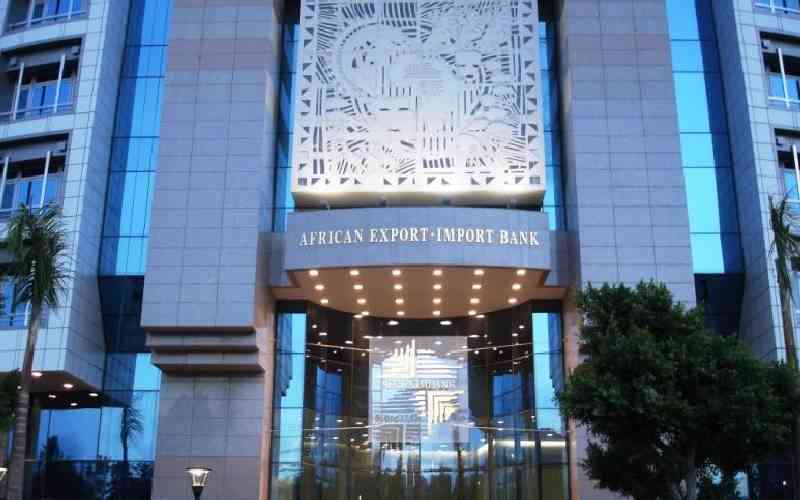×
The Standard e-Paper
Fearless, Trusted News

President William Ruto recently unlocked a plan by the Cairo-based African Import and Export Bank (Afreximbank) to finally set up shop in Kenya.
The lender three years ago reached a deal with neighbouring Uganda to set up its Sh3 billion regional headquarters in Kampala following red tape by Nairobi.